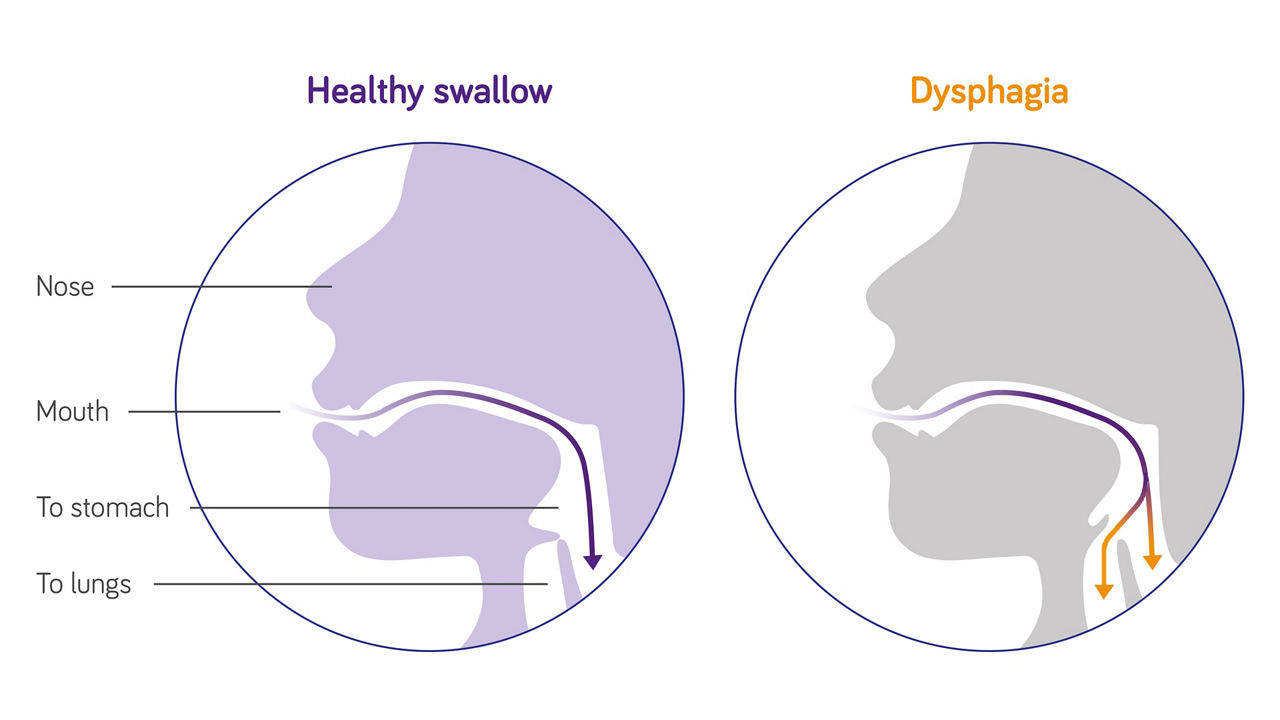Gastroesophageal Reflux Disease (GERD) can manifest with a range of symptoms, and individuals may experience them to varying degrees. Common symptoms of GERD include:
- Heartburn: A burning sensation or discomfort in the chest, often behind the breastbone, that may intensify after eating, lying down, or bending over.
- Regurgitation: The sensation of acid or stomach contents flowing back into the throat or mouth, often accompanied by a sour or bitter taste.
- Chest Pain: Chest pain or discomfort that may be mistaken for a heart attack. It is important to differentiate GERD-related chest pain from cardiac-related chest pain.
- Difficulty Swallowing (Dysphagia): A feeling of food sticking in the throat or difficulty swallowing, known as dysphagia.
- Chronic Cough: A persistent cough, often unrelated to respiratory conditions, which may be exacerbated by irritation caused by stomach acid.
- Hoarseness or Sore Throat: Hoarseness, a raspy voice, or a persistent sore throat may result from acid irritation of the vocal cords and throat.
- Laryngitis: Inflammation of the larynx (voice box) that can lead to voice changes, irritation, and discomfort.
- Worsening Asthma: Individuals with asthma may experience an exacerbation of symptoms, such as wheezing and shortness of breath, due to the irritation caused by refluxed stomach contents.
- Disrupted Sleep: Nighttime symptoms, including heartburn and regurgitation, may disturb sleep and lead to insomnia or disrupted sleep patterns.
- Excessive Salivation: Increased production of saliva, known as water brash, may occur in response to the irritation caused by stomach acid.
- Feeling of a Lump in the Throat (Globus Sensation): A persistent sensation of a lump or something stuck in the throat, known as globus sensation.
- Chronic Bad Breath (Halitosis): Stomach acid reaching the mouth can contribute to bad breath.
It’s important to note that not everyone with GERD experiences all of these symptoms, and their severity can vary. Additionally, some individuals with GERD may have symptoms without experiencing heartburn. If you suspect you have GERD or are experiencing persistent symptoms, it’s advisable to consult with a healthcare professional for proper diagnosis and management. Early intervention and lifestyle modifications can help alleviate symptoms and prevent complications associated with GERD.
Begin your quest for digestive well-being alongside Dr. Vedant Karvir, an esteemed gastroenterologist in Mumbai. Dr. Karvir combines extensive expertise with a dedicated focus on tailored care, offering solutions for a diverse array of gastrointestinal issues.




